ISIN Position Statement on Nutrition, Immunity and COVID-19
There is lack of acquired immunity in populations across the world to COVID-19, no vaccine, uncertainty about the true infection rate within countries and, the elderly are a vulnerable group (particularly those in care homes and similar institutions).
Nutritional advice is therefore, considered appropriate at this time. There is much evidence from animal and human studies that antioxidant nutrition and related nutrients support the immune system to function properly.
The general advice is to eat a diverse and well-balanced diet rich in coloured fruit and vegetables (to increase the intake of antioxidant and associated nutrients) to support immune function. Specific advice in relation to the elderly is to increase the intake of Vitamin E (134 mg - 800 mg/day), Zinc (30 mg - 220 mg/day), Vitamin C (200 mg - 2 g/day) and particularly for those people with low serum vitamin D status, Vitamin D (10 μg - 100 μg/day). These nutrients have been shown to enhance T cell and B cell (antibody) immunity in human studies including in the elderly. There is no specific evidence these nutritional measures can help protect against, or even lessen the effects, of, COVID-19 infection. However, it does make pragmatic sense to support nutritionally both normal health and the immune system (with doses unlikely to be harmful) before, during and after COVID-19 infection.
International Society for Immunonutrition (ISIN), Board members (March 2020). Laurence Harbige, Philip Calder, Ascensión Marcos, Mireille Dardenne, Gabriela Perdigón, Francisco Perez-Cano, Wilson Savino, Nora Slobodianik, Liseti Solano, Roxana Valdes. ISIN Position Statement on Nutrition, Immunity and COVID-19Declaración de la Sociedad Internacional de Inmunonutrición con motivo de la pandemia del COVID-19
En la población mundial se está dando una compleja situación frente al COVID-19. En principio, no tenemos anticuerpos que puedan atajar su actuación, además de no existir una vacuna todavía. A todo esto, hay que añadir la existencia de un grupo muy vulnerable, como es el de los mayores, nacidos sobre las décadas de los años 30-40, que hoy en día y dada la alta expectativa de vida actual en España, se encuentran, en muchos casos, residiendo en instituciones especializadas.
Por todo ello, el consejo nutricional es clave en este preciso momento. Hay evidencia científica, a partir de los estudios en animales de experimentación y en humanos, sobre el papel beneficioso que tiene la nutrición antioxidante para conseguir que nuestro sistema inmune funcione de forma adecuada. El consejo general es comer una dieta rica, equilibrada y coloreada con especial énfasis en frutas y verduras, con el fin de aumentar la ingesta de antioxidantes y los nutrientes asociados, y así aumentar nuestras defensas.
En cuanto a la población más vulnerable con mayor riesgo, los mayores, el consejo es incrementar la ingesta de ciertos micronutrientes a través de suplementos, en particular, zinc (30 mg - 220 mg/día), vitamina E (134 mg - 800 mg/día), vitamina C (200 mg - 2 g/día) y especialmente, para aquellos que presentan bajos los niveles de vitamina D, se recomienda una ingesta de 10 μg - 100 μg/día.
Se ha observado que estos micronutrientes son capaces de mejorar la inmunidad específica, precisamente la encargada de generar más anticuerpos. Es cierto que todavía no ha dado tiempo a realizar la investigación sobre la protección o alivio que estas medidas nutricionales puedan ejercer contra la infección por el COVID-19. Sin embargo, desde un punto de vista pragmático, estas recomendaciones tienen sentido para fortalecer el sistema inmune y la salud de la población antes, durante y después de la infección por el COVID-19.
Comité Científico de la Sociedad Internacional de Inmunonutrición (marzo-2020)
Para más información
Bárbara Navarro/Yaiza Ejapa
629 27 90 54
History
The International Forum of Immunonutrition for Education and Research (i-FINER) was founded in 2007 as a non-profit organisation with the aim to facilitate the necessary conditions in order to disseminate knowledge in immunonutrition, especially in the fields of education and research. Its vision is to develop long term working groups to create a new perspective on nutritional and immunological requirements for a health policy, involving the participation of governments.
The creation of the i-FINER group was based on the courses promoted, organised and chaired by Prof A. Marcos since 1994, until now there has been a total of 12 editions of the immunonutrition courses and 7 international immunonutrition workshops in different European and Latin American countries.
What is ISIN?
TThe International Society for Immunonutrition (ISIN) is a non-profit organization, created with the idea of gathering professionals and postgraduates who are interested in this field of knowledge.
Objectives of ISIN
To promote education and research in the transdisciplinary area that comprises the interaction between nutrition and immunology, through the advancement of its understanding, as well as publication and communication of its results.
Read our latest news and articles
Events 2025
Events 2024
Events 2023
Events 2022
Events 2021
Obesity and metabolic syndrome. Cardiometabolic aspects
World Immunology day – April 29th
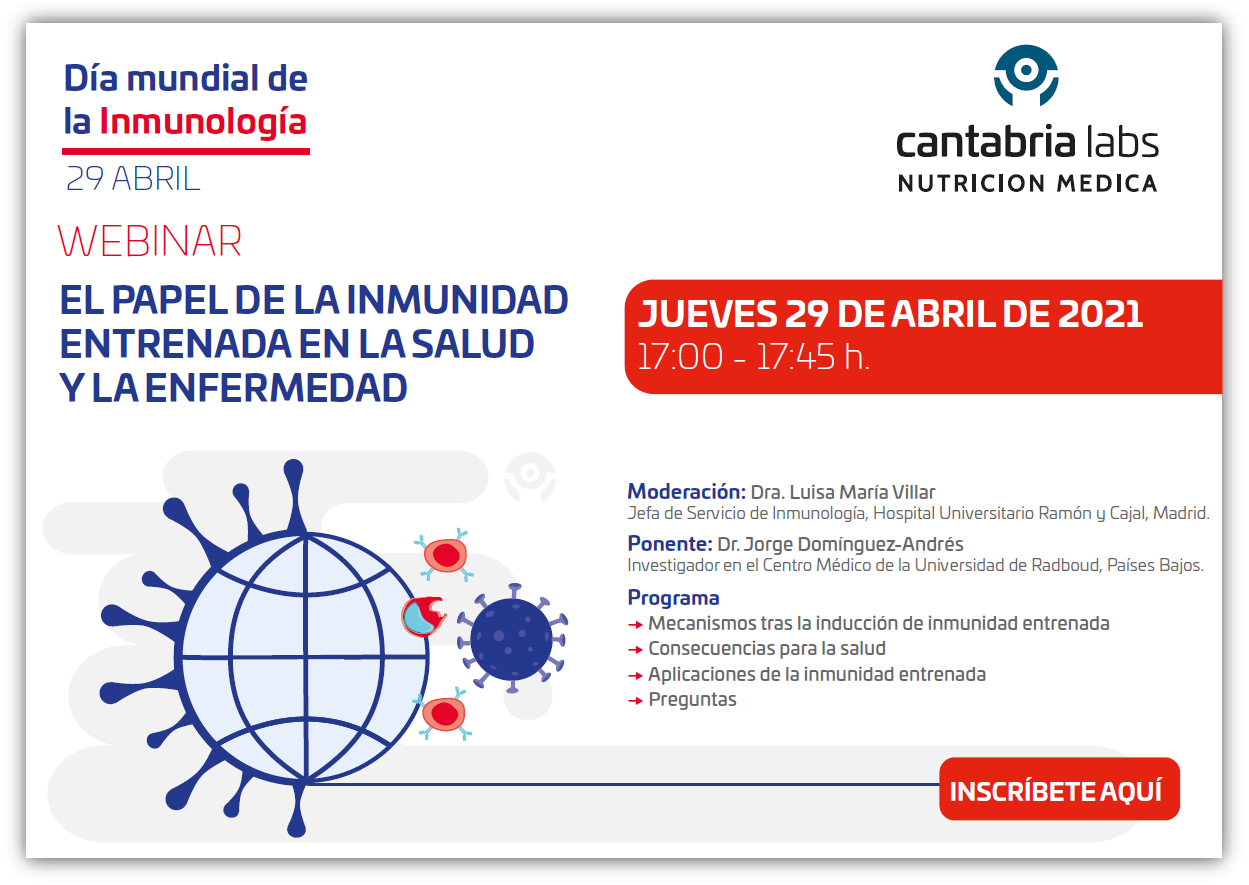
Infografía sobre Salud y Confinamiento Sura Vitasan
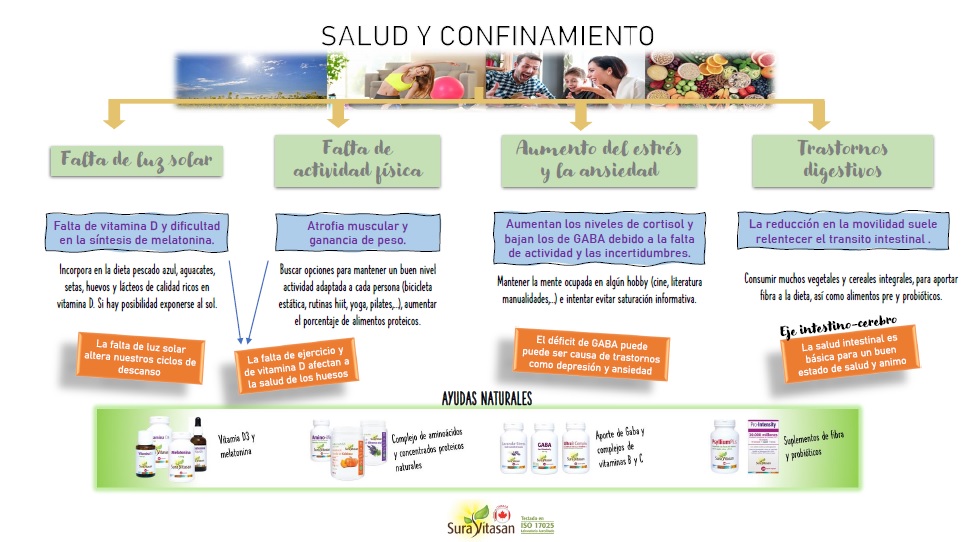
Meet our Board Members
-

Ascensión Marcos
PresidentProf. Marcos received her PhD from the School of Pharmacy at the Complutense University in Madrid, Spain (UCM) in 1982 and Master in Clinical Analysis by UCM in 1986 and received a grant from the Spanish National Research Council (CSIC). She was the Head of the Institute of Nutrition and Food Technology at the Mixed Center CSIC-UCM (1998-2002). She is the leader of the Immunonutrition Research Group at the Department of Metabolism and Nutrition at CSIC since 1987.
-

Philip Calder
Vice PresidentPhilip Calder is Professor of Nutritional Immunology within the Human Development and Health Academic Unit of the Faculty of Medicine at the University of Southampton in the UK. He has broad interests in nutritional modulation of immunity, inflammation and cardiometabolic disease risk.
-
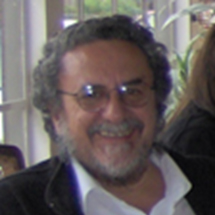
Wilson Savino
Vice PresidentACADEMIC DEGREES:
- Post-Doctoral training in Cellular Immunology (1983-1985) Hôpital Necker, Paris.
- PhD degree in Histology (1982) University of São Paulo
- MSc degree in Histology and Embryology (1979) Federal University of Rio de Janeiro
- Bachelor of Sciences, Biological Sciences (1970-1974) State University of Rio de Janeiro -

Roxana Valdés
SecretaryRoxana Valdés-Ramos, B.Sc, M.Sc, D.Sc., was born in Mexico and educated in Mexico and London, trained as a nutritionist and immunologist. She obtained her master’s degree in Human Nutrition at the London School of Hygiene and Tropical Medicine in 1989 and her doctoral degree in Clinical Biology at the National Politechnic Insitute (IPN) in 1998, in Mexico City.
-
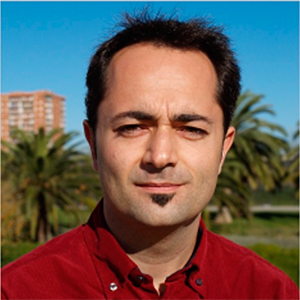
Francisco J. Pérez Cano
TreasurerFrancisco J Pérez-Cano was born and educated in Barcelona. He studied the degree of Pharmacy (1999) at the University of Barcelona (UB) where he also studied different masters in higher education. He joined in 1996 as student to the "Autoimmunity and Tolerance Research Group" in the Department of Physiology. He moved to the Center for Immunology at the University of California-Irvine in 2003-2004 to complete his training and he defended his PhD about "Mucosal Immunity Acquisition in Early Life" in 2004.
-

Mireille Dardenne
TreasurerMedical Doctor – Faculty of Medicine – University of Paris
Resident - Paris Hospital
Specialist - Endocrinology – Nutrition- Metabolic diseases
M.Sci. Degree (Human Biology) University of Paris
General Immunology Degree- Pasteur Institute -

Laurence Harbige
MemberLaurence S Harbige was born and educated in London. His primary research interest is in the role of fatty acids and related lipids in immune function, inflammation and autoimmune disease.
-
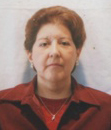
Gabriela Perdigón
MemberDEGREES:
- Biochemist: Universidad Nacional de Tucumán. Argentina.
- Ph. D.: Universidad Nacional de Buenos Aires. Argentina.
- Academic of National Academia of Biochemistry and Pharmacy Science -
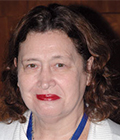
Nora Slobodianik
MemberChemist PhD. Professor of Nutrition. School of Pharmacy and Biochemistry, University of Buenos Aires. Argentina. Researcher of University of Buenos Aires. Papers: 126 (National and International Journals ); Chapters in books (National and International ) 9.
-

Liseti Solano
Member
- Profesor e Investigador Titular. Instituto de Investigaciones en Nutrición de la Facultad de Ciencias de la Salud de la Universidad de Carabobo.
- Directora del Instituto de Investigaciones en Nutrición de la Facultad de Ciencias de la Salud de la Universidad de Carabobo. Desde 2008 a 2010.
- Presidenta del Capítulo Venezolano de la Sociedad Latinoamericana de Nutrición, hasta Dic. 2001.



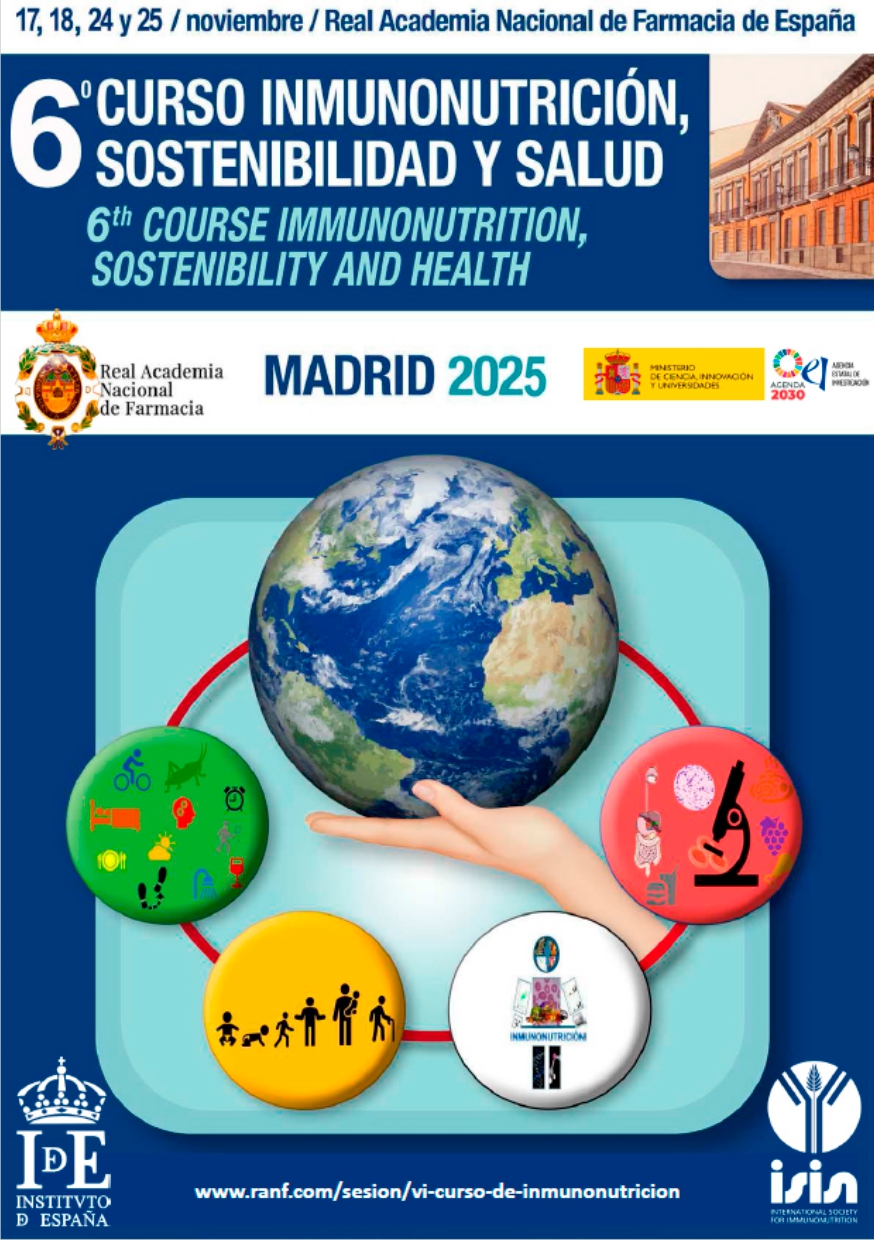
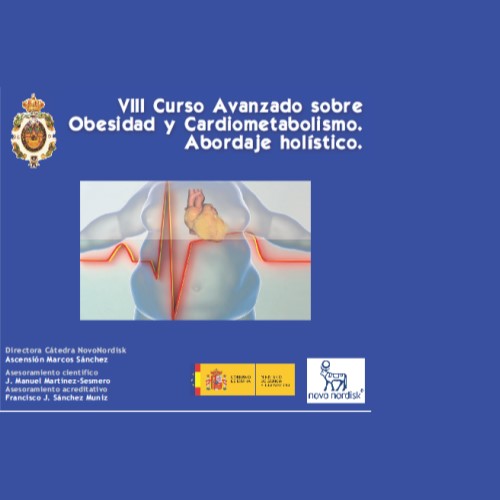
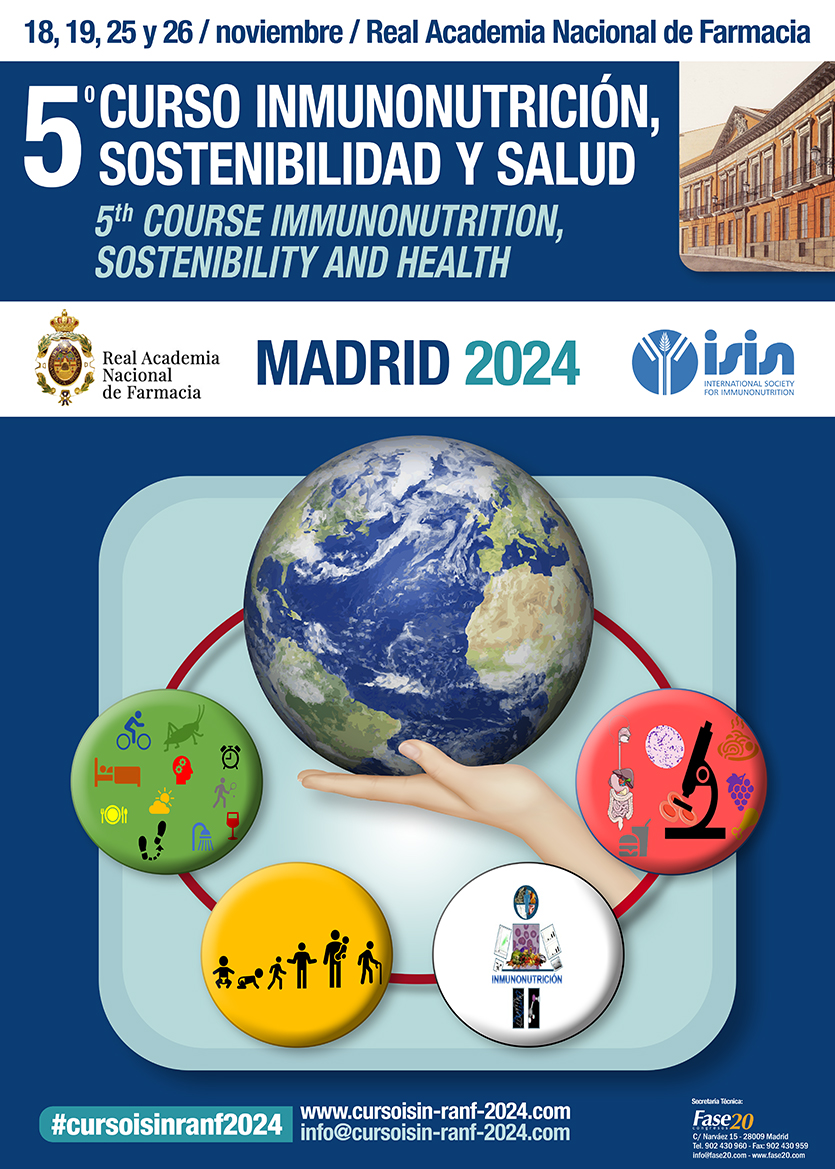
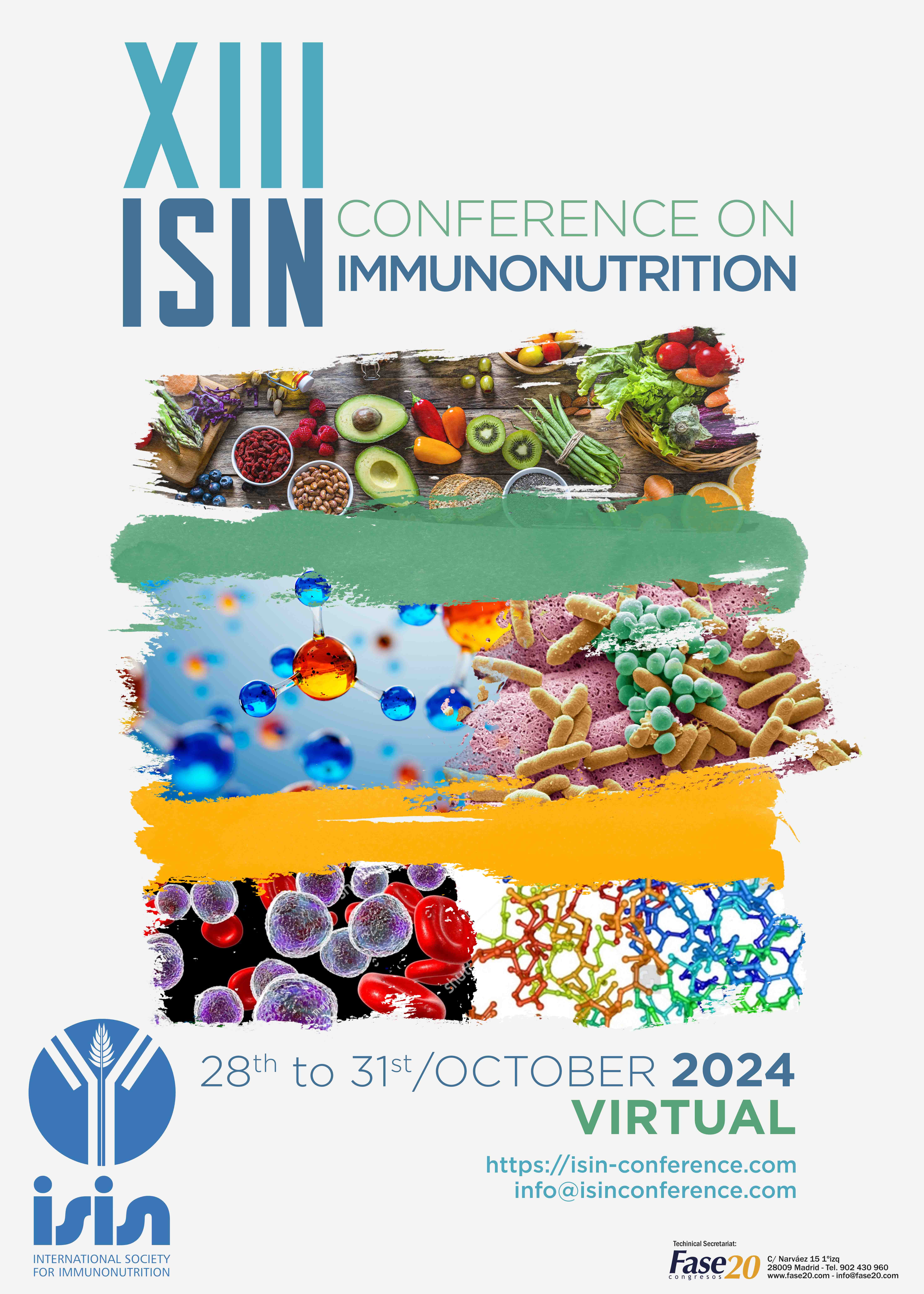
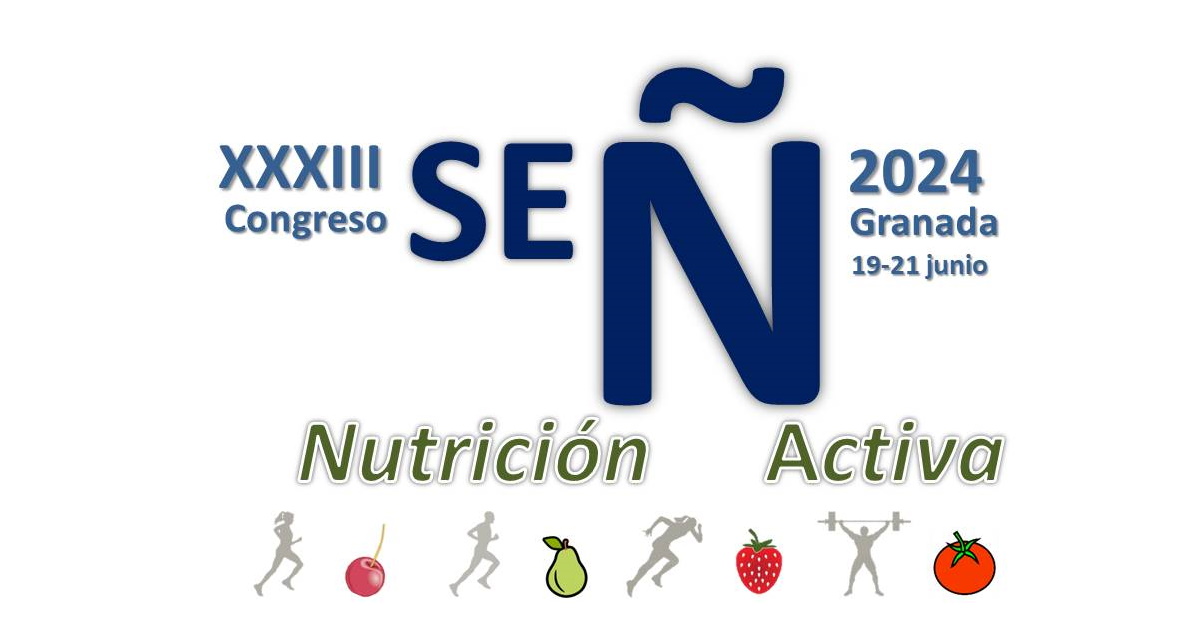
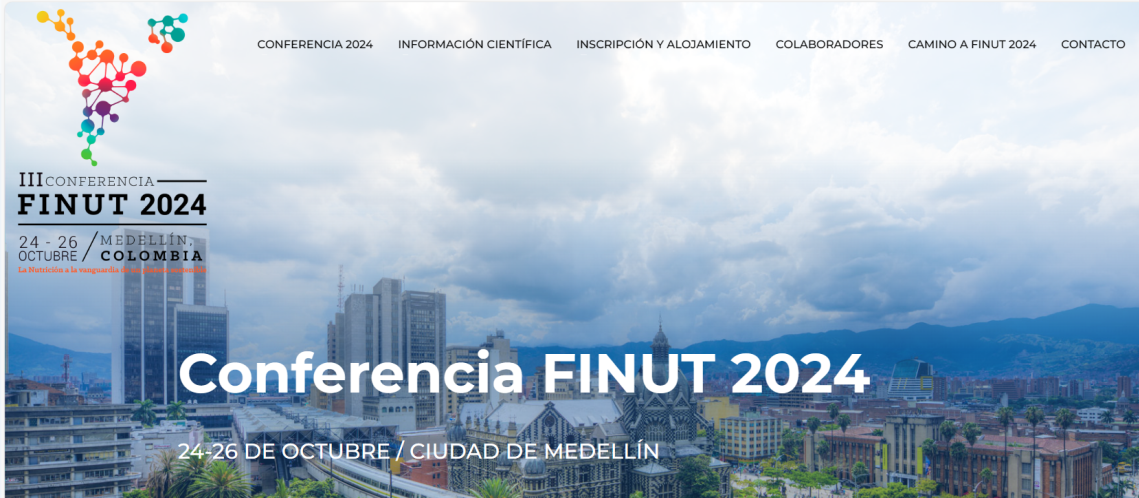
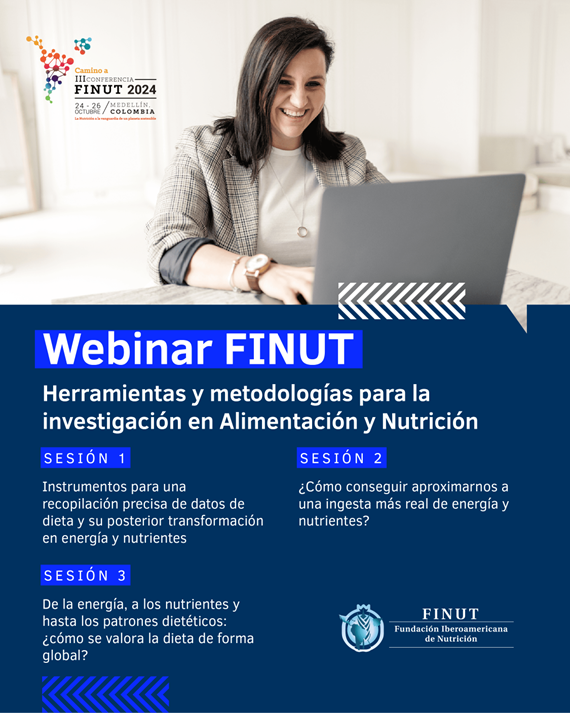
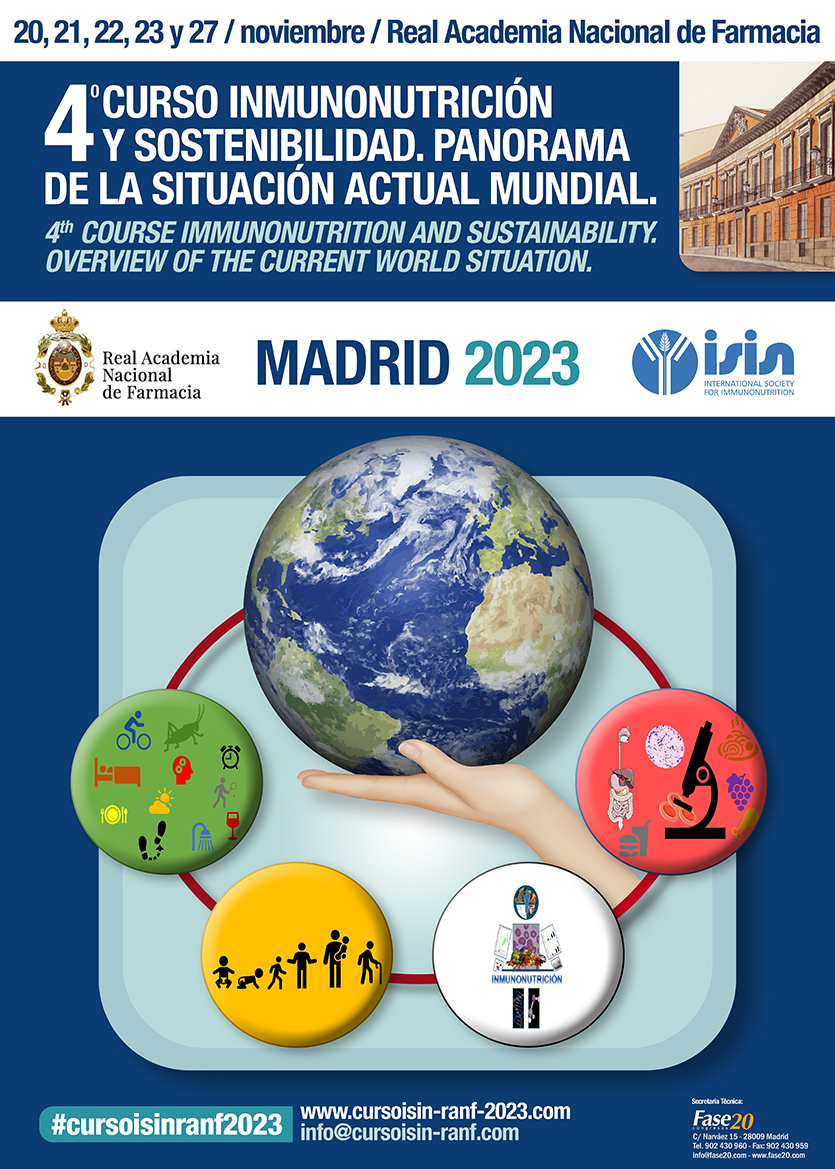
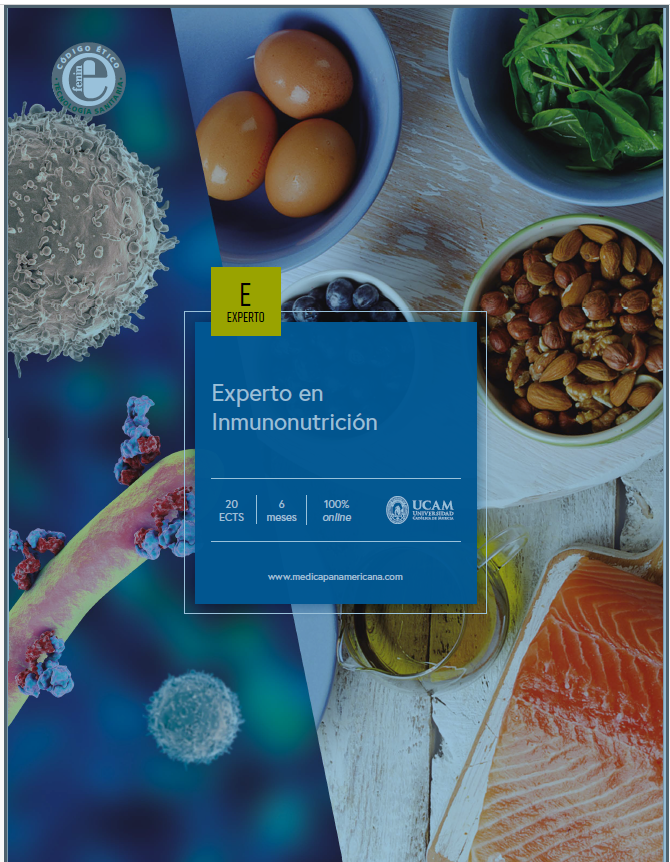
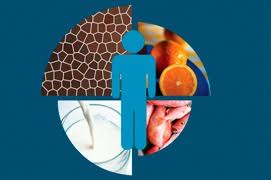
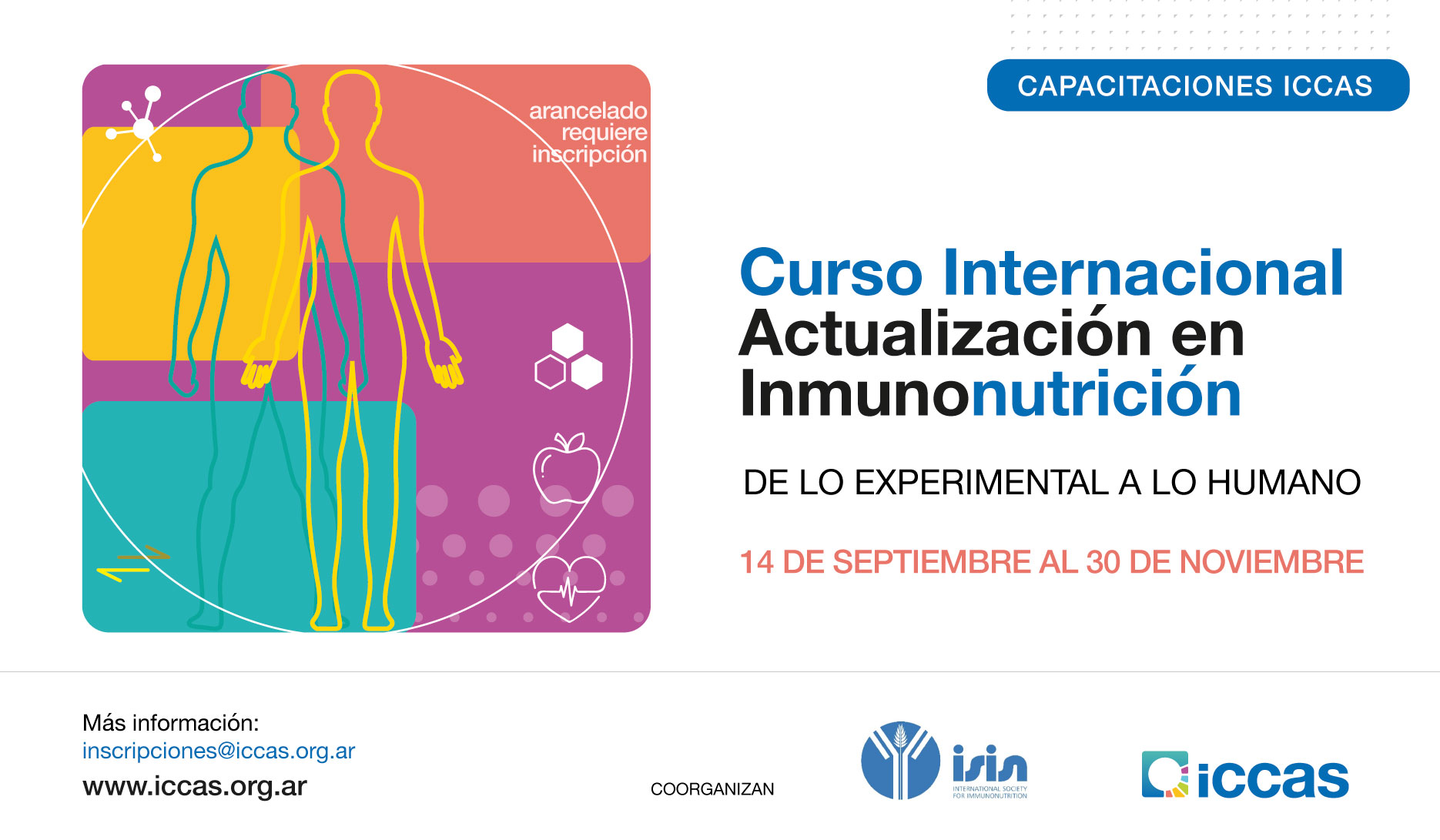


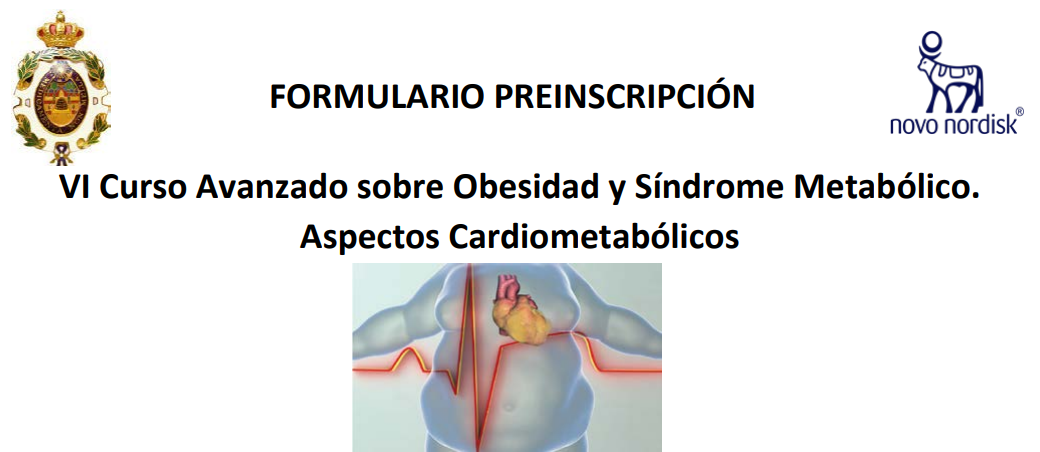

 The Leather Market, Weston St.
The Leather Market, Weston St.